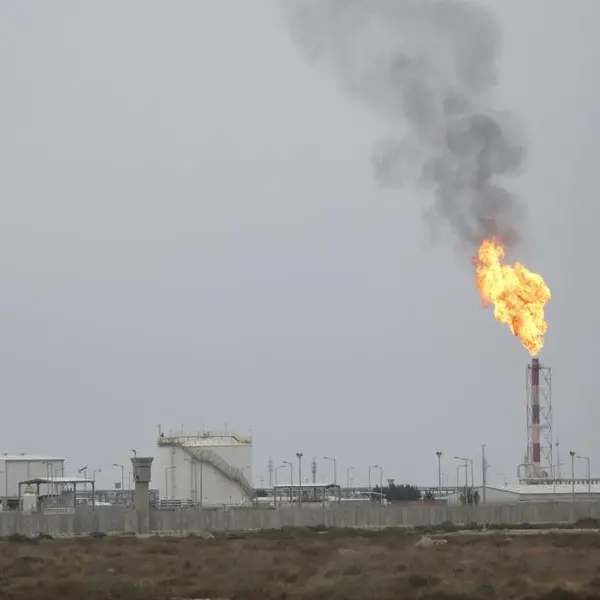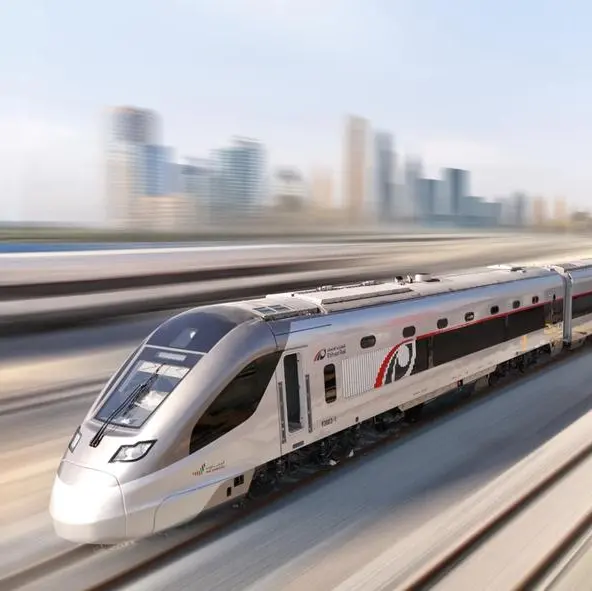The USD 920 million remaining due of Dana Gas's USD 1 billion sukuk matured on October 31, but as of yet, there is no consensual solution that would allow the company to extend and amend the sukuk which it is unable to repay due to problems collecting receivables in Egypt and the Iraqi region of Kurdistan.
On November 1, Dana Gas released its third quarter results, showing AED 516 million (USD 140.5 million) in cash on hand and provided little update on the progress of the negotiations except to say the company "is in ongoing discussions with an Ad-hoc Committee of Sukuk holders over terms to amend and extend the Sukuk".
The restructuring negotiations will center around the options that sukukholders -- including global fund manager Blackrock -- have with their ability to enforce on the security interests backing the sukuk. Blackrock held at least USD 250 million of the sukuk in various funds as of the end of July according to filings with the US Securities and Exchange Commission.
These assets acted as security for the sukuk include Dana Gas's Egyptian assets which it acquired in the company's USD 1.25 billion acquisition of Calgary-based Centurion Energy International in 2007. According to a report from the Financial Times, Dana Gas previously argued that sukukholders enforcing on the Egyptian assets could prompt the government to revoke its licenses.
Less than two weeks before the sukuk matured, Dana Gas announced a second natural gas discovery in Egypt, potentially serving as a message to sukukholders that they will see greater recovery if they negotiate with the company, rather than taking an adversarial position by trying to seize the assets put up as collateral for the sukuk, which is otherwise non-recourse.
As for as the other collateral backing the sukuk, sukukholders can attempt to get ownership (99.99% in each) of SajGas and United Gas Transmission Company (UGTC), which own a gas transmission and processing facility in Sharjah. That project was expected to import gas from Iran -- the processing facility was completed in November 2005 and the pipeline was expected to be completed at full capacity in December 2007 -- but to date has not imported any. Dana Gas describes the failure as being "due to ongoing delays in commissioning of the gas supplier's facilities", while the National Iranian Oil Company said in 2010 that the delivery contract with Crescent Petroleum, the largest shareholder in Dana Gas, was cancelled.
These assets likely have limited value, and are likely further from sukukholders' grasp since they are located in the UAE, where it is more difficult to enforce a judgment from a British court (in contrast, the Egyptian assets are held in the British Virgin Islands).
The primary asset then for the sukukholders to get will be the Egyptian gas assets, which are themselves impaired by the failure of the Egyptian government to pay the receivables. The Egyptian assets, in contrast with the collateral in the UAE, are located in a more favorable legal environment (for sukukholders).
Dana Gas's suggestion that the licenses could be revoked if the sukukholders enforce on the security agreements, as well as their recent drilling results in Egypt, appear to be a bid to move the negotiations forward and avoid a legal fight.
Blake Goud is the founder of Sharing Risk, a think tank on Islamic finance based in Portland, Oregon, and writes the Sharing Risk blog. He is also the chief compliance officer for Marquam Capital, a registered investment advisor, and chief compliance officer for HP Securities, Inc, a FINRA-member broker/dealer.
© Zawya 2012




















